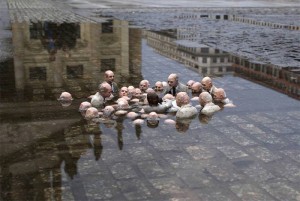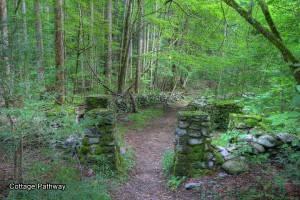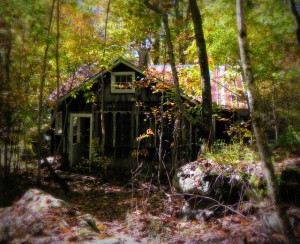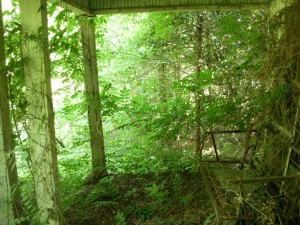While reading Diary of a Citizen Scientist I remember at one point I was reading a description of the beetles and their activity and I was like “wow, she is really anthropomorphizing these beetles”. Coincidentally enough, right after I having this thought I read the following paragraph, “Of course, this is shameless anthropomorphization, ascribing human qualities to non-human things. And I do feel a little ashamed, out of habit and cultural training. In truth, though, I am no longer convinced that ascribing human qualities to nonhuman things is all that bad. Maybe we don’t ascribe them enough” (Russell 39).
I had this thought because I have always learned anthropomorphizing is not a great thing to do. However, I cannot seem to remember the justifications behind why. I remember this has been mentioned in various discussions, but I do not know if we discussed exactly why it is a bad thing. Russell calling this idea into question makes me consider rethinking it. Out of curiosity I went looking for why the use of anthropomorphizing may be frowned upon or why it may be an acceptable thing to do:
“The stated enemy is the assumption that their cognitive processes mirror our own complicated mental analyses, instead of the preferred notion that lower species are purer examples of stimulus/response behaviors. If we were to assume that they’re like us in that regard, objective scientific findings might be muddled by dreaded subjectivity.”
http://thebark.com/content/real-problem-anthropomorphism
“We are simply applying things we’re familiar with, like emotions, to these things to help us understand our surroundings. It’s a lot easier to explain a prancing goat as being “happy” than it is to study the behavior further and determine that the dance is part of a mating ritual. Anthropomorphizing is the point at which human curiosity meets human laziness.”
http://science.howstuffworks.com/life/animals-happy1.htm
“Many researchers now recognize that we must be anthropomorphic when we discuss animal emotions but that if we do it carefully, what I call biocentric anthropomoprhism, we can still give due consideration to the animals’ point of view.”
https://www.psychologytoday.com/blog/animal-emotions/200906/anthropomorphic-double-talk-can-animals-be-happy-not-unhappy-no
“Anthropomorphism in and of itself is neither good nor bad. How it is used by humans to refer to actions or motivations of non-human animals, however, may range from the ridiculous to injurious. What follows are examples of classical vs. critical anthropomorphism (being the acceptable, reasonable type)”.
http://www.anapsid.org/ethology.html
From my research it would seem that some believe it is a bad thing as when we anthropomorphize we assume the thing of focus has the same emotions and/or cognitive ability, while others find it to be acceptable if used properly. I am curious to hear what others in the class and our Professors think about this concept of anthropomorphization? Is it a bad thing, and if so why do you think so? If it might not be such a bad thing, why do you think that?




